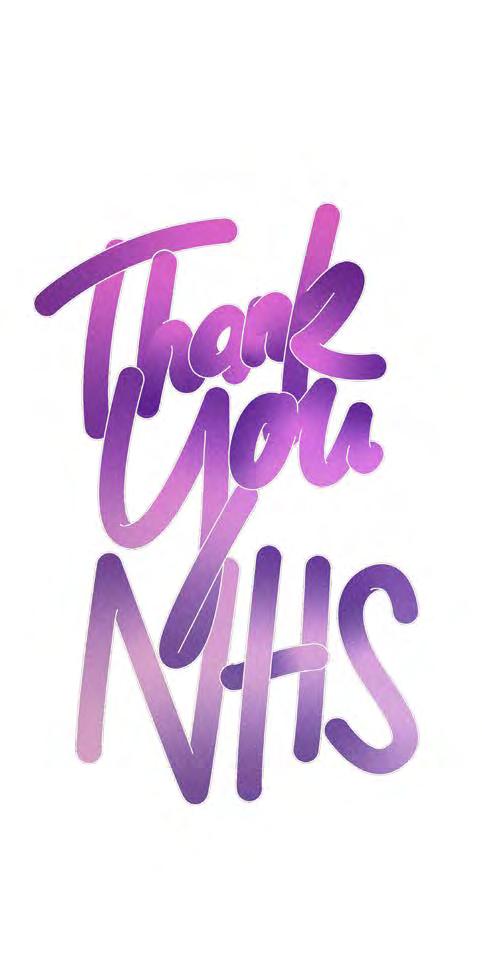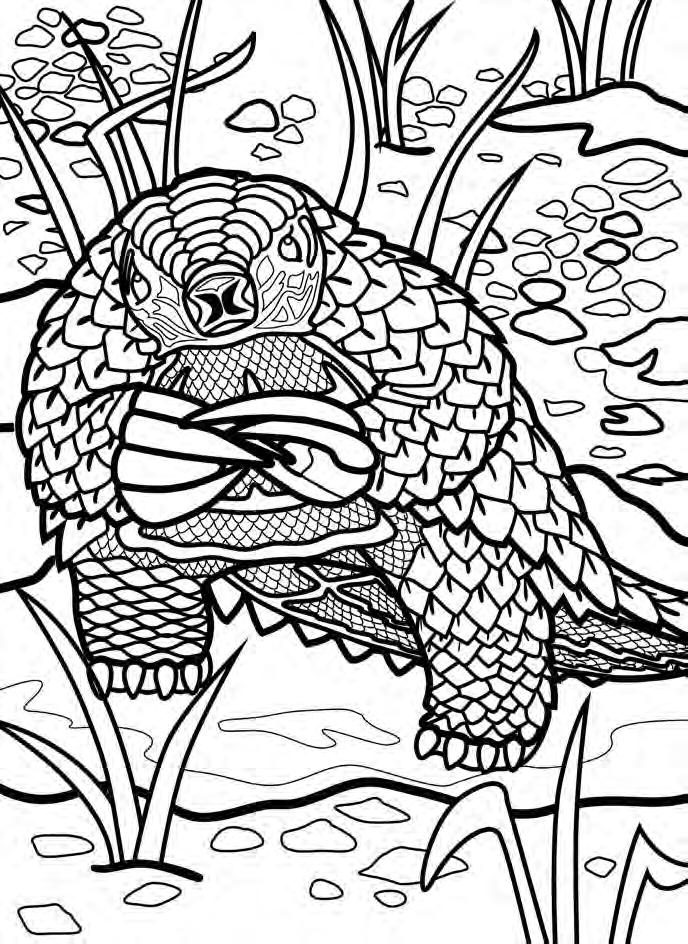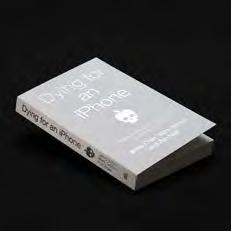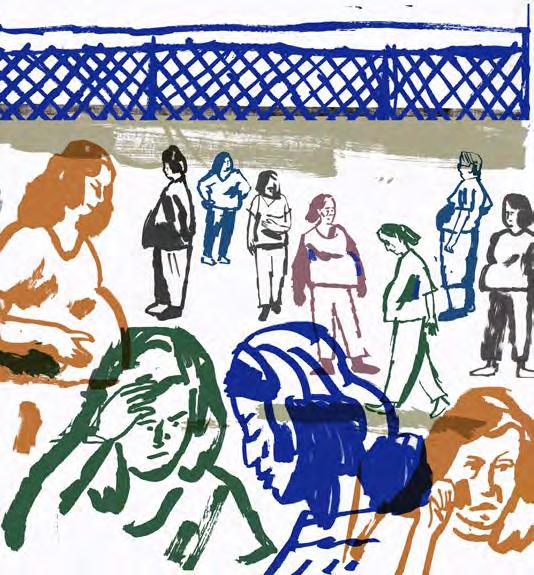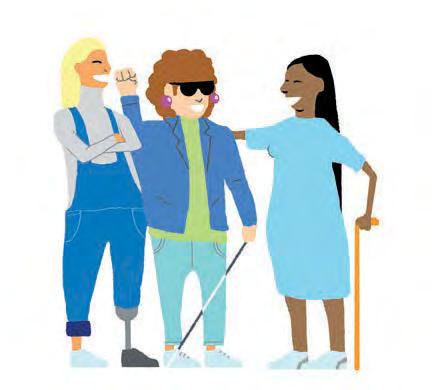
4 minute read
Rethinking society in the face of coronavirus
Shortly before COVID-19 hit the UK, my friend Tom had his leg amputated. Like me, Tom was forced to watch the oncoming train that was the pandemic while confined in an institution. Prior to the operation, both of our lives had already taken catastrophic turns; the two of us had followed a downward spiral leading Tom to physical amputation and life in a care home, and me to the social amputation that was prison. Indeed, downward spirals are something of a trend these days. Alongside the devastating death toll due to coronavirus, the pandemic has also brought to light the severe inequalities in society.
Prior to the pandemic, few people would have associated the likes of cruise ships with care homes and prisons; but to the virus, they’re all the same. For coronavirus, humanity is just one big herd: privileged people taking a cruise to somewhere exotic are exactly the same as those less privileged in care homes and prisons. All three environments are hotspots for the virus because they are overpopulated, offer limited time outside and have a tendency to be populated by the elderly – job done as far as coronavirus is concerned!
Advertisement
However, unlike the virus, society differentiates between people in prisons, care homes and cruise ships. We differentiate on the basis of value judgements – in other words, what is deemed good or bad, or right and wrong. But are these judgements useful? Or are they just another aspect of society which the pandemic has exposed as damaging and counterproductive?
As we compared our lockdown stories, Tom and I realised that our lived institutional experience of the lockdown had certain parallels. The most disturbing aspect was the lack of agency afforded to us. Knowing that a lethal virus was spreading rapidly was scary enough, but imagine how it felt for all the protective measures – right down to food and sanitation – to be out of our hands. As a prisoner, control was (and is) taken from you because you are deemed undeserving of it. Similarly, as a care home resident, control was (and is) taken from you because you are deemed incapable of exercising it. Both are value judgements, and both are applied universally to everyone within the institution.
But there was one clear difference between mine and Tom’s experience of the lockdown: Tom was not a prisoner (in theory, at least). As a ‘non-prisoner’, Tom was considered deserving of advance notice of restrictions on his already limited freedom; as a prisoner, I was not. Instead, I returned to my cell one night to be told that whatever I had planned for the next day wasn’t going to happen. As the keys turned in the locks, a young woman cried hysterically and pleaded that she be allowed to phone home to keep her family informed. How exactly do you explain to your three-year-old child that, in spite of her promises, mummy wasn’t going to be coming home this weekend?
In any hierarchy of values, it seems harsh to ask someone to sign away their right to life. Yet, Tom and I found that our respective institutions rapidly reached the conclusion that this was justified in the midst of a pandemic. I was asked to sign a disclaimer confirming that, while at high risk, I accepted that the prison could not be expected to shield me. Comparatively, Tom was presented with a ‘do not resuscitate’ notice, which he was expected to sign in advance of the possibility that contracting coronavirus might result in his hospitalisation.
Other similarities between mine and Tom’s experiences of the lockdown included a lack of personal protective equipment (PPE), increased exposure to infection via constant staff rotation, and the curious way in which the limits on our freedoms always seemed to serve the needs of the institution. These issues were widely publicised in the case of care homes, but I am yet to hear them being openly discussed in the prison context. Hazarding a guess, this news blackout may itself result from value judgements – judgements made at all levels, from political decision makers right down to the general public, about those in prison.
There were also clear differences in the way that the staff at our respective institutions treated us. Tom’s care home staff, for example, were visibly distressed when relaying information to him about their no visitors policy. By contrast, a prisoner upset by not being able to see an ageing relative was simply told to pull it together. That is not to say that there weren’t many prison officers who were genuinely sympathetic and supportive, but the general feeling across the prison sometimes lacked empathy.
Coronavirus has taught us that everyone’s physical wellbeing depends on our ability to protect all equally. But maybe the herd analogy goes deeper than this. Humans are interdependent: we don’t thrive when we are isolated, and we don’t flourish when we are unchallenged. So is the most dangerous virus among us actually a biological one, or is it the cultural ‘virus’ which allows us to disregard the needs of those we think are different from us?
This piece is dedicated to Chris Gorring who sadly passed away in the early hours of 13 January 2021. To quote Maria, ‘Prison and lockdown have robbed us of our future time together. You will be loved and missed forever.’
Maria has enjoyed a career spanning nearly 40 years as an academic researcher specialising in suicide prevention, selfharm, aggression and drug use, as well as researching prison reform and the welfare of prisoners. Having recently spent over two years in prison, Maria has been able to see first-hand the benefits of participant observation and the need for a more ‘just’ criminal justice system.

